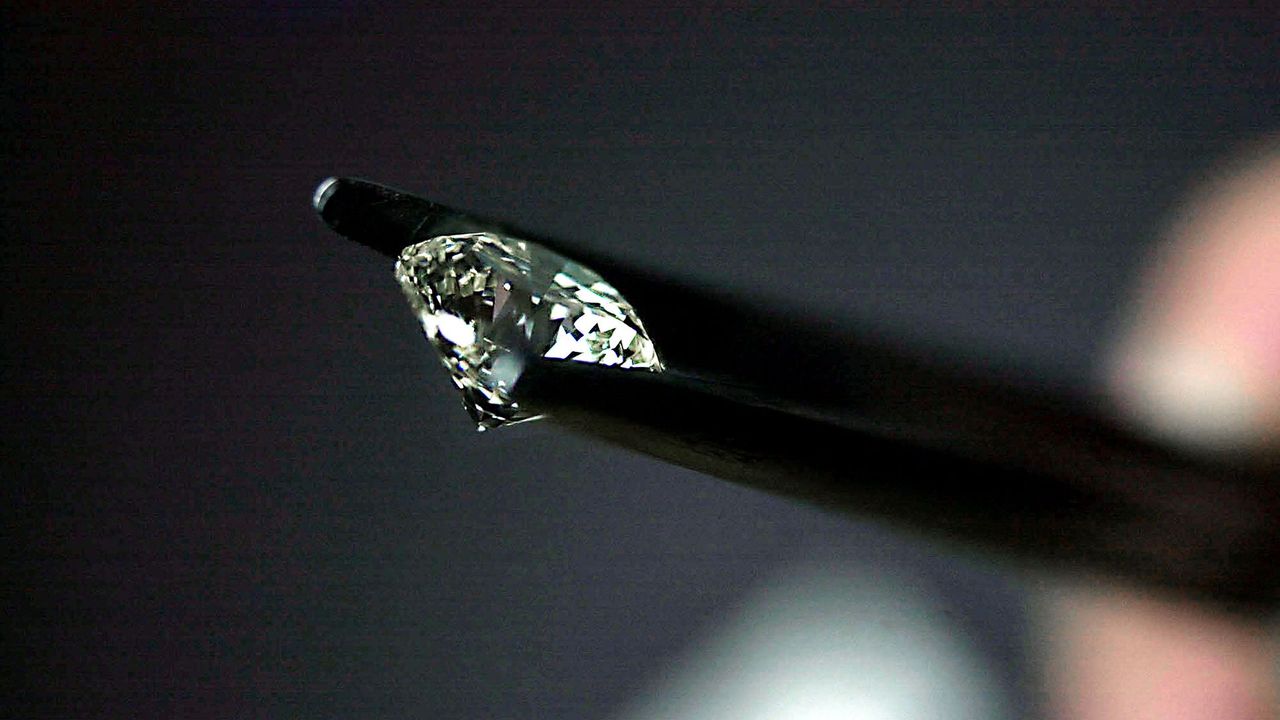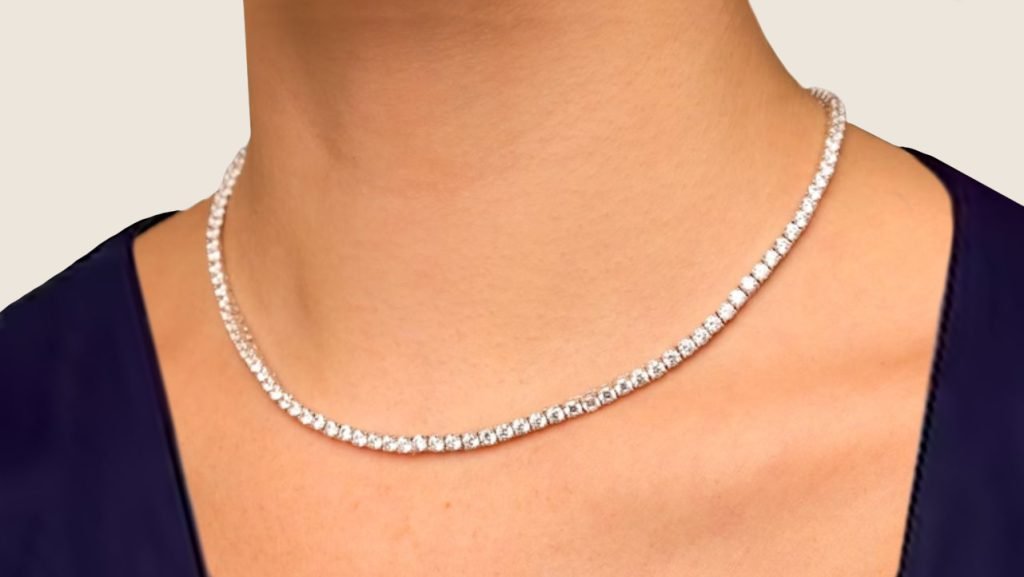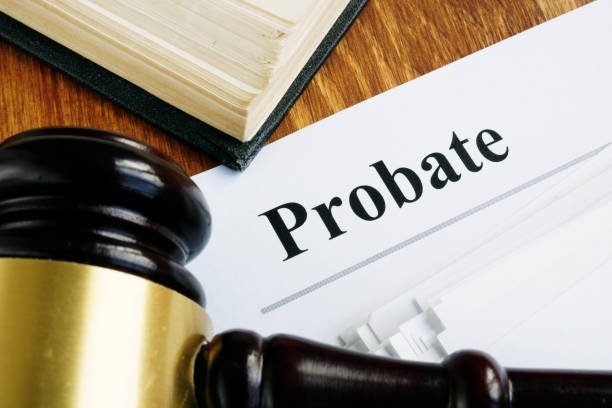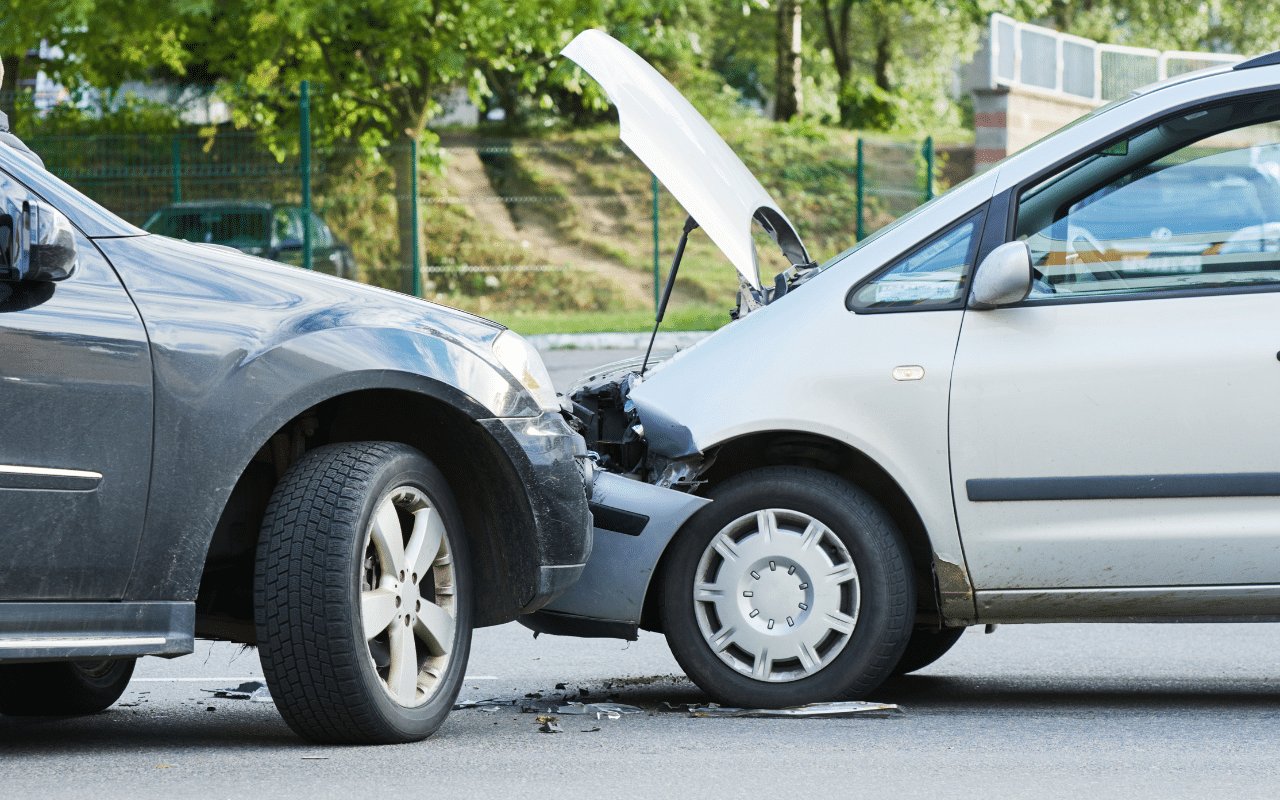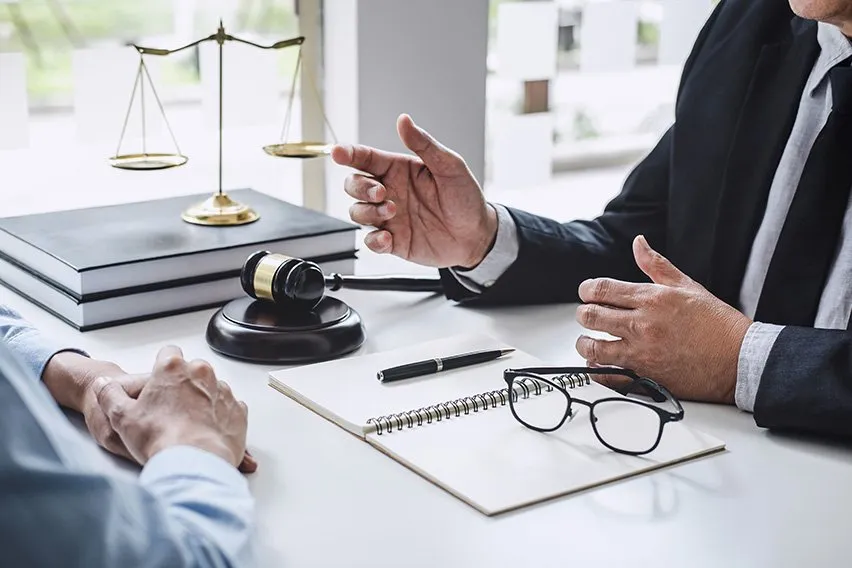When someone passes away, their assets and belongings are typically distributed among their heirs according to their will or state law if there is no will. This process is called probate, and it involves a lot of legal and administrative tasks that must be handled carefully and properly. One of the most important figures in the probate process is the executor, who is responsible for carrying out the deceased person’s wishes and ensuring everything is done correctly.
In this blog, we will discuss the role of an executor in probate and the responsibilities and duties of this position.
Table of Contents
What is an Executor?
An individual appoints an executor in their will to carry out their final wishes and manage their estate after their death. The executor’s role is to ensure that they manage and distribute the deceased’s estate in accordance with the wishes outlined in their will. The executor has to take care of all the administrative and legal tasks required during the probate, which is the legal process that occurs after someone dies.
The executor could be a family member, friend, attorney, or even a bank or trust company. The chosen executor must be trustworthy, responsible, and able to manage the estate according to the deceased’s wishes. In some cases, the deceased may appoint more than one executor, which is called a co-executors, to manage their estate.
The Role of an Executor in Probate
The role of an executor in probate is crucial to ensuring that the deceased’s wishes are carried out correctly and that the probate process runs smoothly. Here are the main responsibilities and duties of an executor in probate:
Initiating Probate Proceedings
The executor is responsible for initiating the probate proceedings by filing the necessary paperwork with the probate court. This includes submitting the will, death certificate, and other required documents. The executor must also notify all beneficiaries and heirs named in the will of the deceased’s death and the initiation of probate proceedings.
Identifying and Valuing Assets
The executor must identify all deceased assets, including bank accounts, investments, real estate, personal property, and other assets. They must then value these assets and ensure that they are properly appraised. This is important for determining the estate’s value, which is used to calculate any taxes owed.
Managing the Estate
The executor is responsible for managing the estate during the probate in Tasmania. This includes paying any debts and bills the deceased owes, such as funeral expenses, taxes, and outstanding debts. The executor must also manage any income the estate generates during the probate process, such as rent from rental properties.
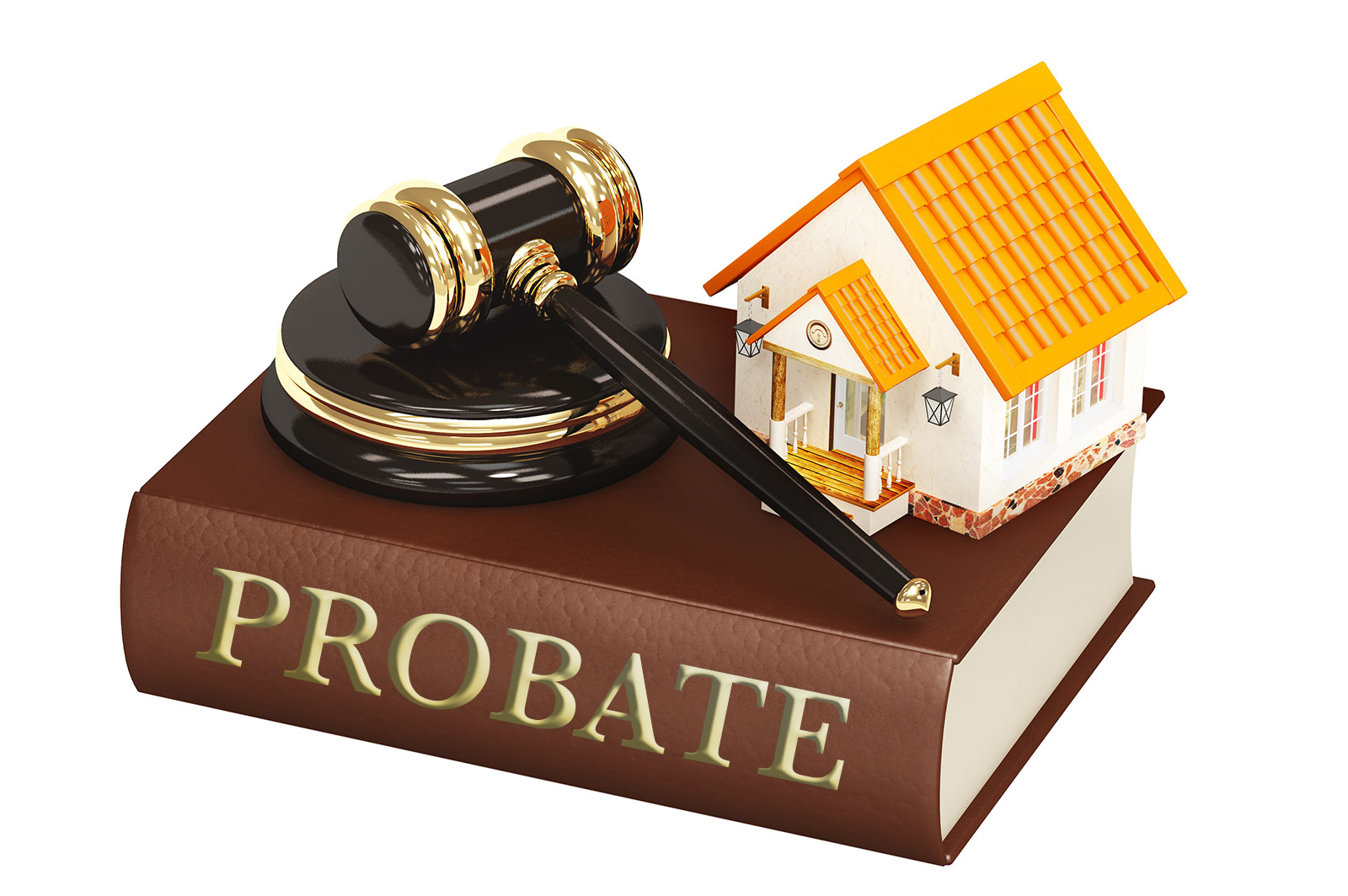
Distributing Assets
After paying all debts and bills and managing the estate appropriately, the executor must distribute the remaining assets to the beneficiaries named in the will. The executor has to ensure that they distribute the assets in accordance with the wishes of the deceased and guarantee that all beneficiaries receive their fair share.
Filing Tax Returns
The executor is responsible for filing any required tax returns during the probate process. This includes the deceased’s final income tax return and any estate tax returns that may be required. The executor must keep these records per the requirements of the probate court.
Communicating with Beneficiaries
The executor must communicate with all beneficiaries throughout the probate process to ensure they know what is happening and when they can expect to receive their inheritance. The executor must also provide regular updates on the progress of the probate process.
Securing and Protecting Assets
The executor is responsible for securing and protecting the deceased’s assets, particularly if the estate includes valuable or sensitive items such as jewellery, art, or collectables. This may involve arranging for storage of the assets, obtaining appraisals or valuations, and insuring them if necessary. The executor may also need to take steps to prevent damage or theft of the assets, such as changing locks or installing a security system.
Keeping Records
Throughout the process of probate in Tasmania, the executor must keep accurate records of all transactions related to the estate. This includes records of all assets, debts, bills, and taxes paid and records of all distributions made to beneficiaries. These records must be per the requirements of the probate court.
Resolving Disputes
In some cases, disputes may arise among the beneficiaries or heirs of the estate. This can happen if there is confusion or disagreement about the terms of the will or if someone feels they have been mistreated. The executor may need to work with a mediator or attorney to resolve these disputes and ensure the estate allocation fairly.
Making Investment Decisions
If the estate includes investments such as stocks, bonds, or real estate, the executor may be responsible for managing those assets and making investment decisions on behalf of the estate. This requires a strong understanding of financial markets and investment strategies, as well as a duty to act in the best interests of the beneficiaries.
Final Words
In probate, the role of an executor is critical and carries significant responsibilities and duties. The executor has to manage the estate according to the wishes of the deceased while also ensuring they meet all legal and administrative requirements.
Executors must devote significant time and effort to the probate process and have a strong understanding of probate law and financial management. Ultimately, an executor’s role requires careful attention to detail, strong communication skills, and a commitment to acting in the best interests of the deceased and their beneficiaries. Professional consultants like Probate Consultants can provide expert guidance and support to help executors confidently navigate the probate process.





